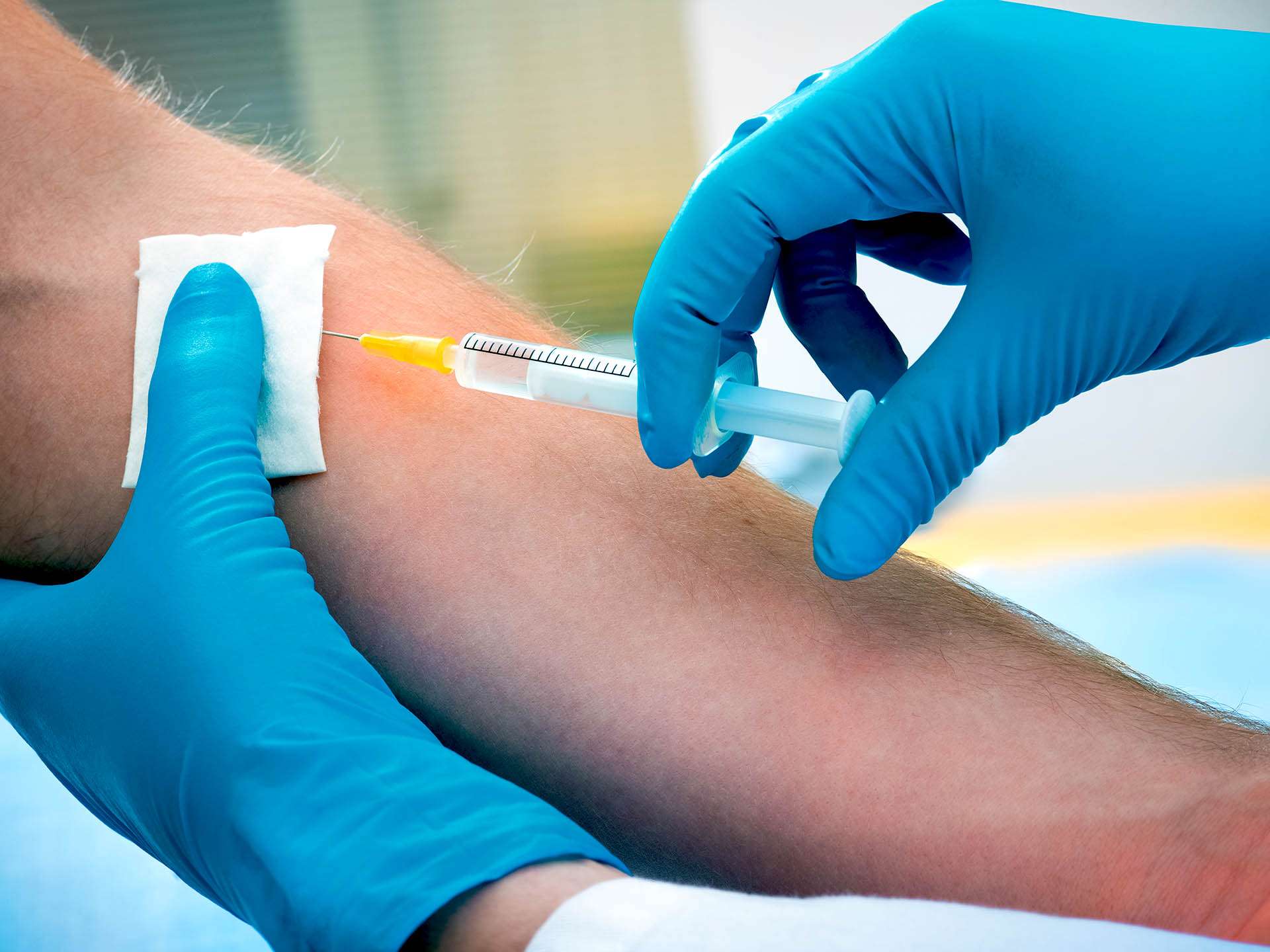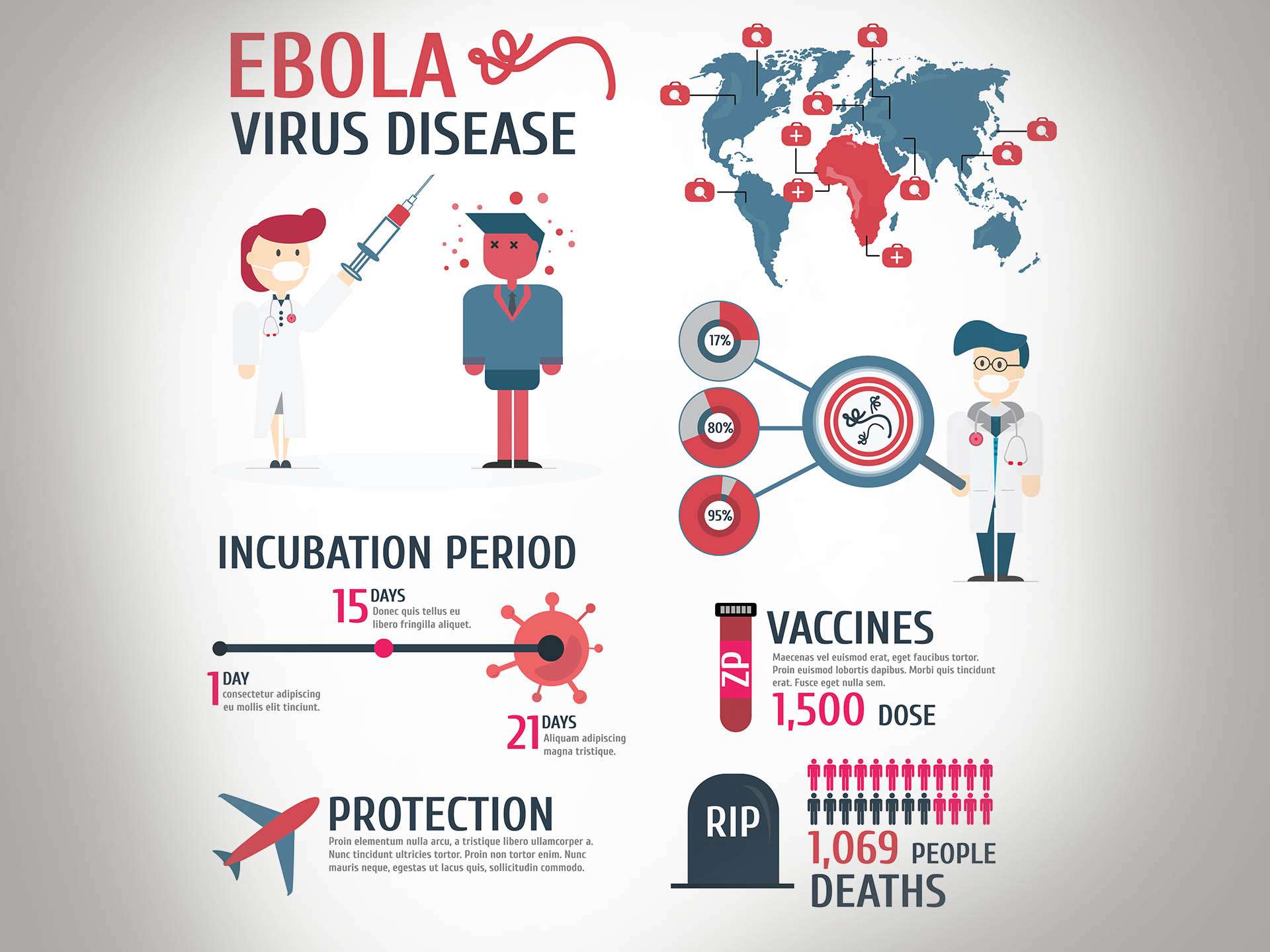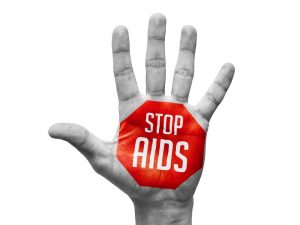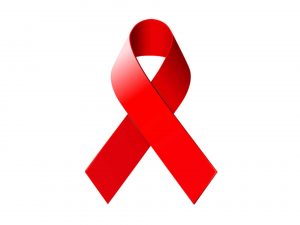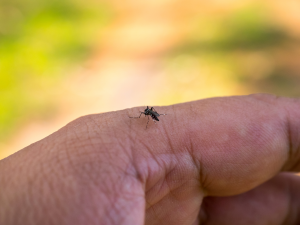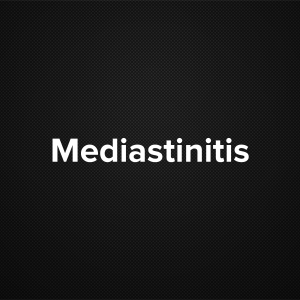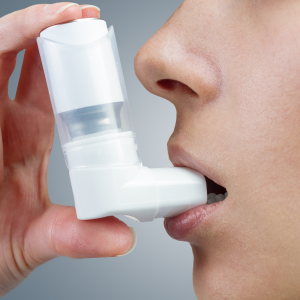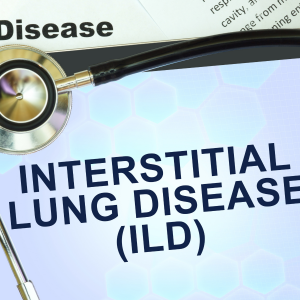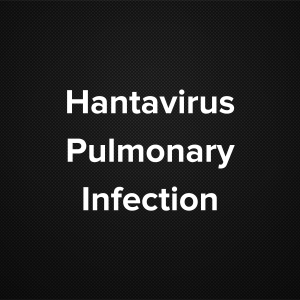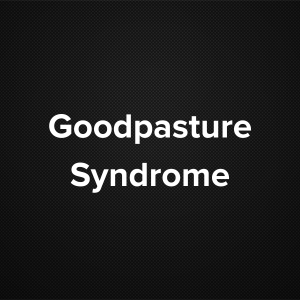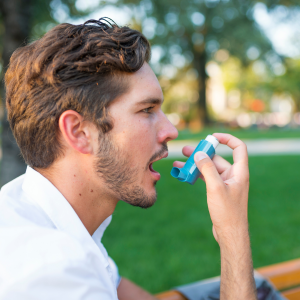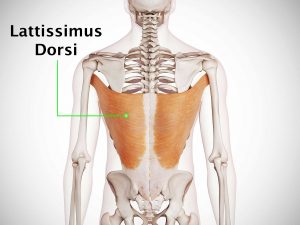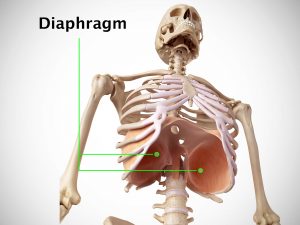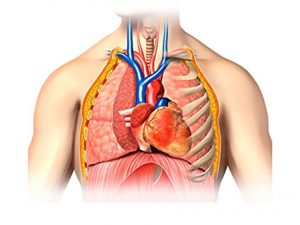The bacteria Streptococcus pneumoniae attack children under 5 years of age. Before the vaccine, pneumococcal infections caused more than 700 cases of meningitis, 13,000 blood infections, and 5 million ear infections in children under 5 every year. The vaccine is effective in up to 90 percent of the cases.
The bacteria live in the mucous lining of the nose and in the back of the throat, and when they’re plentiful enough, they can cause an infection in the respiratory tract, middle ear, or in the sinus cavities.
Antibiotics such as penicillin can be used to kill them, but up to 40 percent of the strains are resistant to antibiotics of all kinds.
Pneumococcal bacteria generally spread by close contact and through coughing and sneezing. Diseases as severe as meningitis and pneumonia can crop up within days of infection.
Symptoms of pneumococcal pneumonia usually include fever and chills with shaking, trembling, as well as chest pain, coughing, shortness of breath, rapid breathing, rapid heart rate, fatigue, and weakness. Nausea, vomiting, and headaches are also associated with pneumococcal pneumonia, but are less common.
Pneumococcal bacteria also cause some of the most serious ear infections in children.
PCV vaccine is currently available the world over in 3 forms – Prevnar, Synflorix, and Prevnar 13.
Prevnar is a heptavalent vaccine; it means that it contains cell membranes of 7 strains of the pneumococcus conjugated with the proteins of Diphtheria bacteria.
Synflorix is a decavalent vaccine, meaning that it contains 10 serotypes of pneumococcus, which are conjugated to a carrier protein.
Prevnar 13 is a tridecavalent vaccine, meaning that it contains 13 serotypes of pneumococcus which are conjugated to a carrier protein.
Since 2010, Prevnar 13 or PCV 13 is the more preferred vaccine as it offers protection against more types of pneumococcus strains.
The PCV Schedule:
Recommended number of doses:- 4 doses.
Recommended Ages – 1st dose at 2 months, 2nd dose at 4 months, 3rd dose at 6 months and the 4th dose between 12thand 15th month.
Most commonly used vaccine is PCV 13. If your child is between 14 to 59 months of age and has been vaccinated with PCV 7, ensure that your child gets at least one dose of PCV 13.
If your child has shown allergic symptoms to any vaccine previously, do not go for the PCV vaccine.
If your child has a mild fever, you can go ahead with the vaccine. If he or she is severely ill, wait for the illness to go away. Healthy children tolerate the vaccine better.
Once vaccinated, there may be a slight swelling along with redness and discomfort at the site of the injection. Your child may also develop a mild fever. These are symptoms that will subside in a few days and there is nothing to be worried about.
In rare cases, severe allergic reaction may occur. Immediately report it to your doctor.
